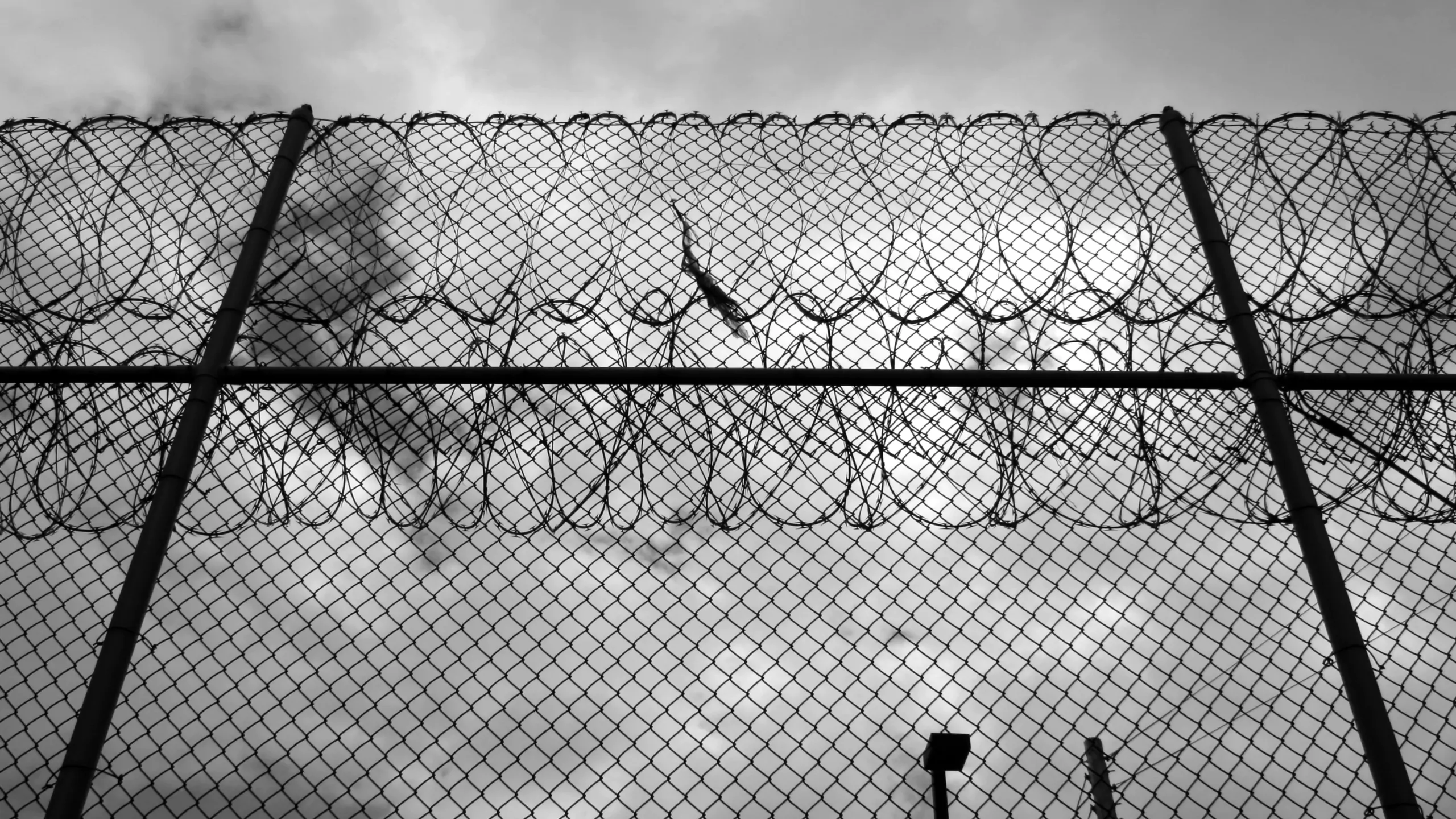The Alabama Legislature has one constitutional duty: to pass the state’s General Fund and Education Trust Fund budgets.
The House of Representatives has now completed half of its duty, voting unanimously Tuesday to send the General Fund budget to the Senate.
The approved budget closely follows the numbers proposed by Gov. Kay Ivey, and Ways and Means Chair Rex Reynolds, R-Hazel Green, gave the governor credit for laying that foundation.
“This is a strong budget for Alabama,” Reynolds said. “The governor should be commended for bringing forward this budget.”
Reynolds asked the House Tuesday to approve an updated version of the bill allocating $28 million “above and beyond” what Ivey had proposed.
Reynolds said the additional monies are based on his strong confidence in the current trajectory of the economy.
“Obviously, from the time the governor transmitted the budget we were able to see a couple more months of receipts and revenue,” Reynolds said. “So we plussed that up about $28 million, and it’s really only four line item changes to the governor’s budget.
“You hear a lot of conversation now about a potential downturn in the economy. I think I caught some heat early on in some of my early interviews as budget chair by saying I sense a confidence in spending in Alabama—I still believe that. Our three largest contributors to the general fund and the percentages continue to go up.”
One change to the budget didn’t involve an increase in funds but created a backup recipient of $40 million in the Alabama Department of Corrections.
The budget allocates $40 million to the department for new correctional officer salaries. However, the House added language that stipulates that money can go toward prison construction if the department’s recruitment woes continue.
The ballooning cost of Alabama’s new prisons has been a source of controversy recently, something Reynolds acknowledged with press following approval of the budget.
“As you know, the last time the Prison Finance Authority met, we allocated an additional $300 million to that construction,” Reynolds said. “We continue to be concerned about that and the rising cost this early in a. construction project that large. We’re having an open dialogue with he governor’s office to ensure that the Legislature is involved in those conversations because there may be a. day that I’ve got to come back to this body and ask for additional funds.”
The Alabama Department of Corrections budget also increased by $58 million, largely associated with the increased cost of prison healthcare as well as a cell phone interdiction program.
Some of the other highlights the budget include a $69 million increase in Medicaid due to expiring federal programs, a 2 percent COLA increase for state employees, $40 million in debt retirement, and increases for mental health programs.
Reynolds said he expects the Senate to make changes, and for the House to non-concur and work out the final budget in conference committee.
“I mean, that’s the way the process is built,” Reynolds said. “I’ve had a great working relationship with (Senate budget Chair Greg Albritton) … and I think tha open dialogue will continue as they make changes.”



















































